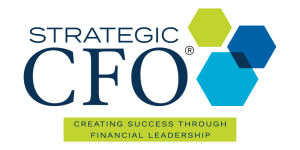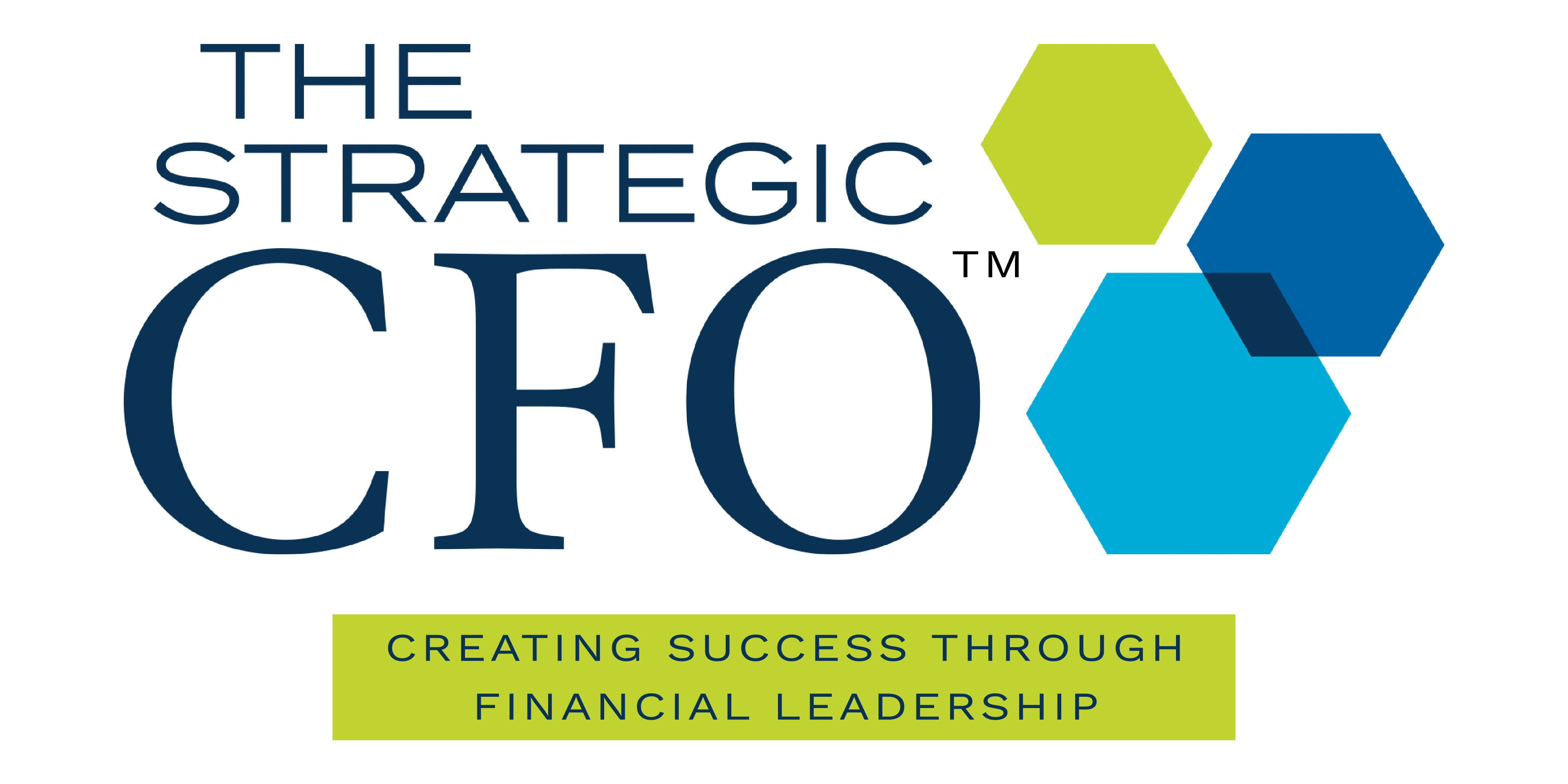Debt Instruments
A comprehensive review of a company’s debt instruments is crucial for evaluating its financial stability and liabilities. For a smooth transaction, meticulously organizing and updating all debt-related documents is a must. During due diligence, consider these key questions:
- Loan Agreements: Are all executed loan agreements, promissory notes, and financing arrangements properly documented and easily accessible?
- Letters of Credit: Does the company have any active letters of credit issued by financial institutions?
- Compliance Records: Have all compliance reports submitted by the company, its subsidiaries, or independent auditors over the past five years been kept and analyzed?
- Debt Schedule: Is a detailed and current schedule outlining all outstanding debt obligations available?
- Repayment Schedule: Are annual debt repayment obligations clearly defined and scheduled?
- Financial Relationships: Is there a complete list of all banks and lenders the company has relationships with, including the nature of each (e.g., credit facilities, term loans, revolving credit lines)?
A methodical examination of debt instruments promotes financial transparency, reduces risk, and improves the company’s position during a sale or acquisition.


